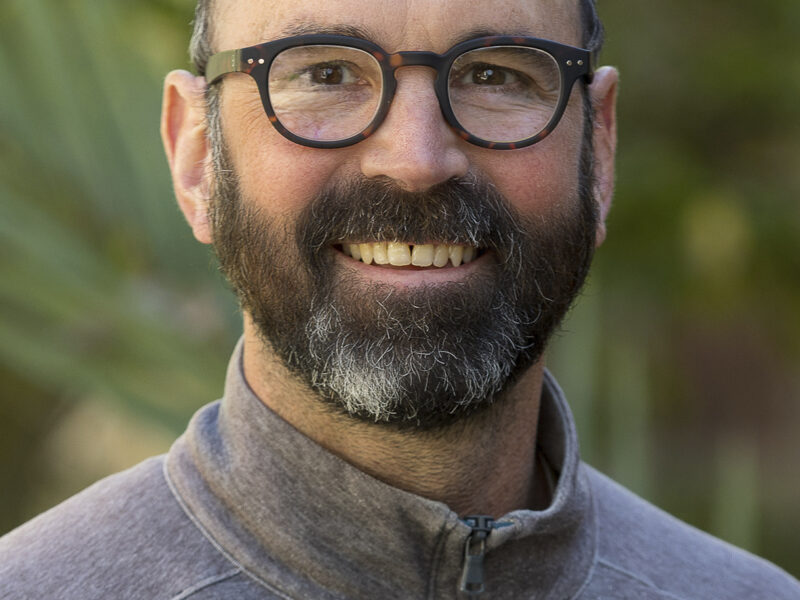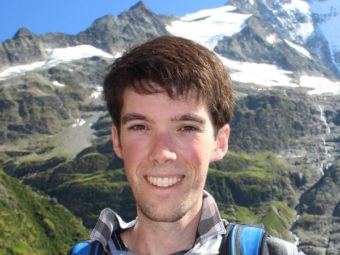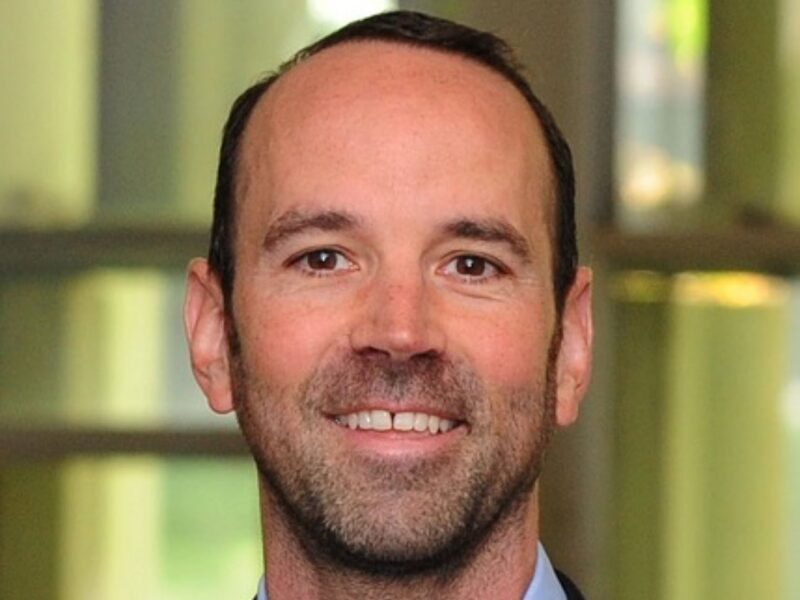Headline
Alex Hall on CBS8: California hit by heavy rain, but is it enough to end the drought?
”We are on the express train for sure. It’s been storm after storm. But they’re very important, the main source of moisture for the western part of the US especially…




